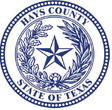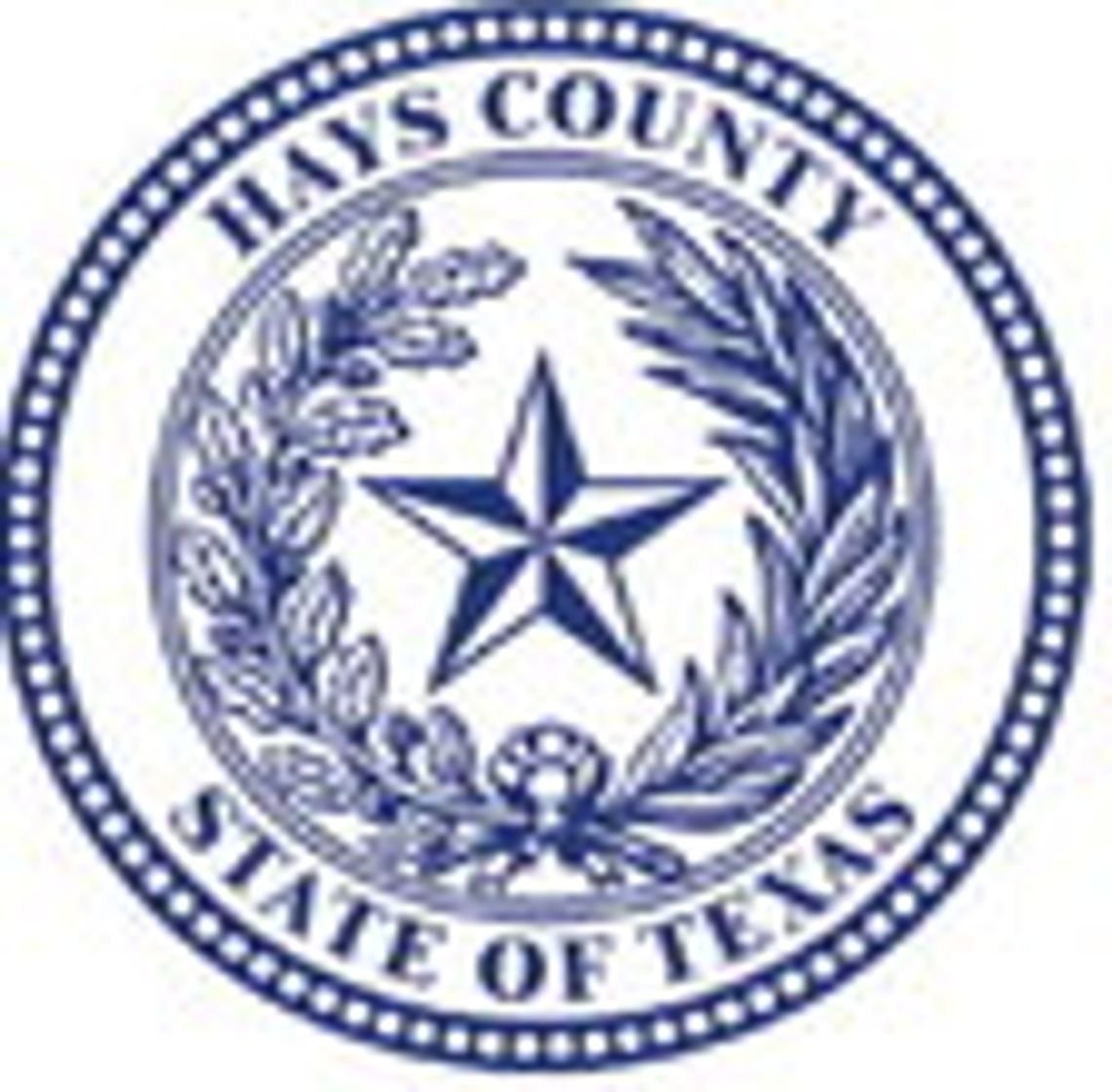During their March 25 meeting, Hays County commissioners unanimously approved a resolution in support of “legislative approval that authorizes the Hays Trinity Groundwater Conservation District to manage and protect the Trinity Aquifer for all users and allow reasonable production fees.”
The language used in the resolution offered the county’s support of the major component of Senate Bill 2660, authored by Senator Charles Perry, that allows the Hays Trinity Groundwater Conservation District to impose production fees. However, it did not support the bill outright as some commissioners had issues with other portions of the bill.
Commissioners also unanimously passed a resolution to support Senate Bill 2661, which increases civil penalties for violations of the district’s rules. Under the bill, a district may issue penalties of up to $25,000 per day per violation, with each day of a continuing violation considered a separate offense.
Precinct 3 Commissioner Morgan Hammer, who introduced both motions, explained this increases the over-pumping violation fine from $10,000 per day to $25,000 per day. It allows the district to increase the penalty beyond the maximum if a violator gained an economic benefit exceeding $25,000, in order to eliminate any financial advantage they may have gained.

“I was proud to support the objective of Senate Bill 2660 which would ensure the HTGCD has the same authority to manage public utility water as similar groundwater conservation districts in our area,” Hammer said in a statement posted on her Facebook page. “I was also proud to support SB 2661 which increases the civil penalties that GCD’s may recover for extreme violations of district rules. It’s truly not fair to our local utilities that properly manage their systems when other utilities, especially those that operate for profit, ignore district rules, violate our property rights and place our natural resources at risk.”
Precinct 4 Commissioner Walt Smith seconded the motion to adopt the resolution. In a statement sent to the Dripping Springs Century News, Smith explained his opinion on multiple local groundwater bills.
“By setting common sense production fees while continuing to exempt both individual domestic wells and agricultural operations certainly seems the viable answer,” Smith said. “There are provisions in the bill with which I strongly disagree. Those include the payment of board members, any changes of open budgetary processes, and any inclusion of domestic wells. It’s for these reasons I co-sponsored and introduced a resolution for the Hays County Commissioners Court which specifically restated the need for these exemptions, along with the explicit prohibition of any taxing authority, and have continued to work on correcting language with the author of the bill to address these issues while maintaining the core value of adequately funding the District.”
Smith said that Senator Charles Perry, who authored SB 2660, “committed to working with Rep. Carrie Issac to address these concerns.”
Smith’s full statement can be found on page 5.
Both the cities of Wimberley and Woodcreek adopted a resolution to support SB 2660.
During their March meeting, commissioners did not endorse State Representative Carrie Isaac’s House Bill 2812, which seeks an amendment to the district’s enabling legislation.
It would eliminate the district’s ability to regulate or permit the withdrawal of groundwater by a public water supply well such as Dripping Springs Water Supply Corporation, Wimberley Water Supply Corporation or Aqua Texas.
“By contrast, HB 2812 by Rep. Issac is a bill which I struggle to find any positive aspects to comment upon,” Smith said. “In all fairness, I believe she may have introduced it believing some of her constituents wanted it, and I have no doubt those who would want to take water from the aquifer would love it. The problem is the consequences it would bring upon our county. Given the benefit of doubt, I hope this is just simply one of the thousands of bills introduced each session that were just not well thought out, however, I fear that it’s the opposite of the case.”
In Hammer’s statement, she referred to House Bill 2812 saying, “I am also aware of . . . House Bill 2812, which may pose challenges to our water management initiatives. I look forward to working with our representatives in the legislature to address our concerns.
Finally, Hammer wrote, “We can all remember Electro-Purification and how our community worked together on addressing that extreme threat. Ensuring our groundwater conservation districts have the necessary tools and can enforce reasonable rules to protect our resources is paramount to providing future generations with the opportunity to live and thrive in our beautiful area.”







